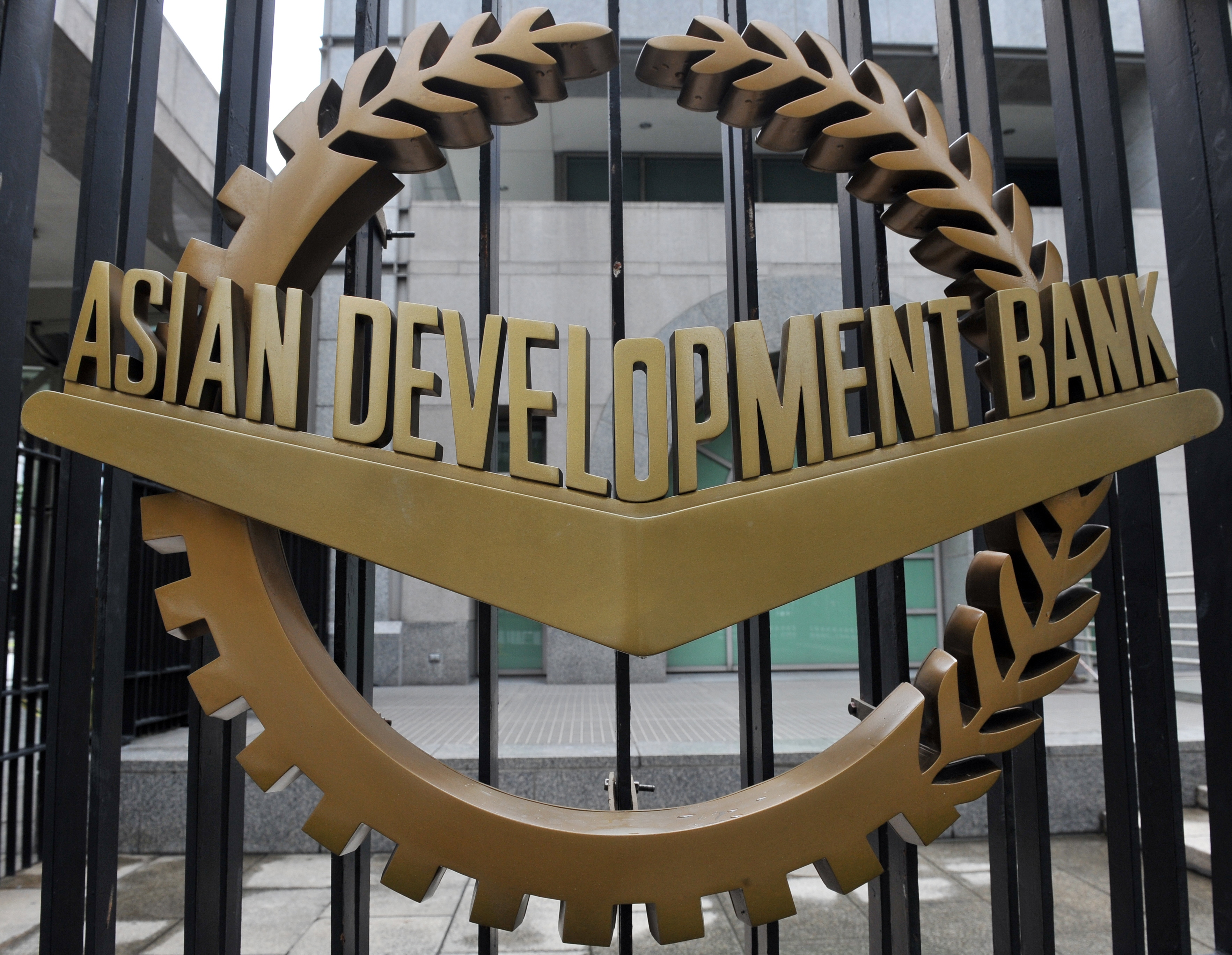ADB extends fresh $500-M loan

A picture shows the logo of the Asian Development Bank (ADB) displayed outside its headquarters in Manila on September 2, 2010. File photo by Ted Aljibe | Agence France-Presse
The Philippines has secured a $500-million policy-based loan from the Asian Development Bank (ADB) to support the public financial management (PFM) reform agenda of the government, which aims to strengthen the efficiency and transparency of state funds so Filipinos can receive quality public services.
In a statement on Wednesday, ADB said the Public Financial Management Reform Program (Subprogram 1) will improve national budget frameworks, empower local governments and establish a PFM system in its host country’s Bangsamoro Autonomous Region in Muslim Mindanao (BARMM).
The new ADB financing — which will carry a concessional rate and better terms for the borrower compared with those that come with commercial loans — will add to the government’s debt stock that was pegged at a record high P16 trillion as of end-October.
READ: New high: Gov’t debt stock hits P16-trillion mark
READ: Gov’t tempers debt appetite
The Manila-based lender said the policy loan would come from ADB’s ordinary capital resources, in regular terms, with interest to be determined in accordance with ADB’s Flexible Loan Product.
The concessional financing will carry a payment term of 15 years, including a grace period of three years.
“This new program signifies the Philippine government’s commitment to building an open government founded on the principles of efficiency, transparency, accountability, and good governance,” said ADB Philippines country director Pavit Ramachandran.
According to the bank, the program is anchored in the government’s PFM Reforms Roadmap 2024-2028, which was developed in partnership with ADB and endorsed by President Ferdinand Marcos Jr. The program’s features include the digital transformation of PFM systems and the creation of an enabling regulatory framework for public-private partnerships.
The program also promotes the “fair and effective devolution” of public services under the Mandanas ruling and fosters local investments in climate resilience and disaster preparedness.
To note, the Mandanas ruling mandates that all national taxes and other taxes and fees collected by the national government be considered in computing revenue allotments to local government units.
The program would also foster peace-building in BARMM, ADB said, recognizing that fiscal autonomy and accountability underpin trust between the Bangsamoro government and its citizens.
